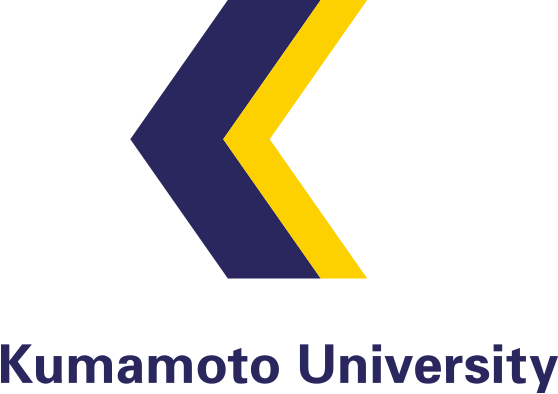Realizing global health and well-being with natural product–based drug discovery and development as a key concept

UpRod (Useful and Unique Natural Products for Drug Discovery and Development) project
Research overview – creating a sustainable society from the perspective of drug discovery-
In 2017, Kumamoto University started the UpRod project (Useful and Unique Natural Products for Drug Discovery and Development) with the goal of developing innovative drugs.
As part of the project, Kumamoto University developed the Plants Database for Drug Discovery (PDIII), which houses data on 320,000 species of vascular plants from all over the world and is characterized by its drug discovery–oriented data and retrieval system. The focus of the project is not limited to terrestrial plants. The UpRod project also collects microorganisms (fungi, actinomycetes, yeasts, etc.) that may contain drug candidate compounds, as well as marine organisms with unique structures (sponges, ascidians, etc.) that could serve as drug seeds, to build and enrich another database, the Natural Product extract Library of UpRod (NaPLU). Using these databases, Kumamoto University will develop innovative drugs for diseases such as acquired immunodeficiency syndrome (AIDS), chronic kidney disease, and Alzheimer's disease by 1) developing a cultivation system that provides a steady supply of high-quality useful plants in cooperation with local companies, and 2) performing extraction, analysis, and evaluation of useful plants or other resources in an integrated manner.
The world contains numerous useful natural resources that have not yet been used. Thus, this project is exploring useful natural resources mainly in emerging countries, particularly in Africa and Asia; obtaining scientific evidence for the benefit of those useful resources; and establishing cultivation methods and component-extraction technologies for these resources for the purpose of drug discovery. Through these activities, we will contribute to capacity building in these countries.
As stated above, by preserving natural resources and using applied chemistry with the University’s cutting-edge science and technology, UpRod aims not only to develop innovative drugs, but also to realize a sustainable society in which natural ecosystems and human health coexist in harmony.
For more information about our projects and research, please visit (Japanese Only): https://uprod-kumamoto.org/index.html


Researcher interview — Achieving SDGs ー

Project Manager/Assoc. prof. SHUTO
Please tell us about the uniqueness and superiority of natural product–based drug discovery and development
Drug discovery and development are indispensable for sustaining human health and culture. In the 1980s and 1990s, natural product–based drug discovery was at its peak, and revealed many drug candidate compounds. However, the world contains a much larger number of natural products that could serve as drug candidates, and the benefits of these products are immeasurable. In recent years, the development of cutting-edge drugs such as nucleic acid medicines has progressed, but about half of the existing medicines are derived from natural products, and about 80% of the world's population still relies on traditional or folk medicine based on natural products. The UpRod project enables us to discover drug seeds that could not be found in the 1980s and 1990s by studying natural products with today’s more advanced analytical and evaluation technologies. We expect that innovative drugs will be discovered and developed using such diverse natural substances, which are difficult to create artificially.
What global issues does the UpRod project aim to solve with its comprehensive efforts?
The goal of the project is to improve the health and well-being of people all over the world through drug discovery and development using natural products as a key concept.
Developing new drugs and dietary supplements from natural products will of course contribute to the health and longevity of human beings, but in order to improve the well-being of the entire world and achieve sustainable societies, this approach is insufficient.
For example, in emerging countries, control of infectious diseases remains a serious challenge, but countermeasures against non-infectious diseases, including lifestyle-related diseases, have also grown in importance in recent years. As the world gradually overcomes the threat of starvation, efforts aimed at spreading and improving health literacy through food hygiene control and lifestyle improvement are required. From this perspective, taking advantage of Kumamoto University's cutting-edge scientific knowledge and insight, the UpRod project is striving to realize more effective and safer use of medicinal plants and natural products that are used in traditional or folk medicine around the world, and to return the profits earned from this project to the countries that possess the useful medicinal plants and products. By doing this, we will contribute to the improvement of local healthcare services appropriate to the living standards and healthcare systems in those countries, as well as to local human capacity building.
